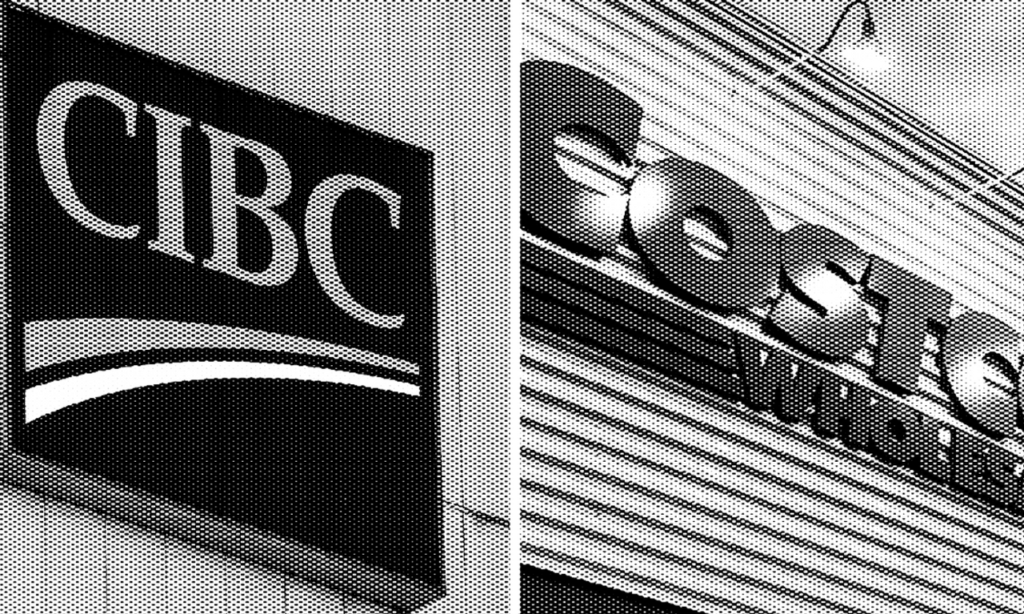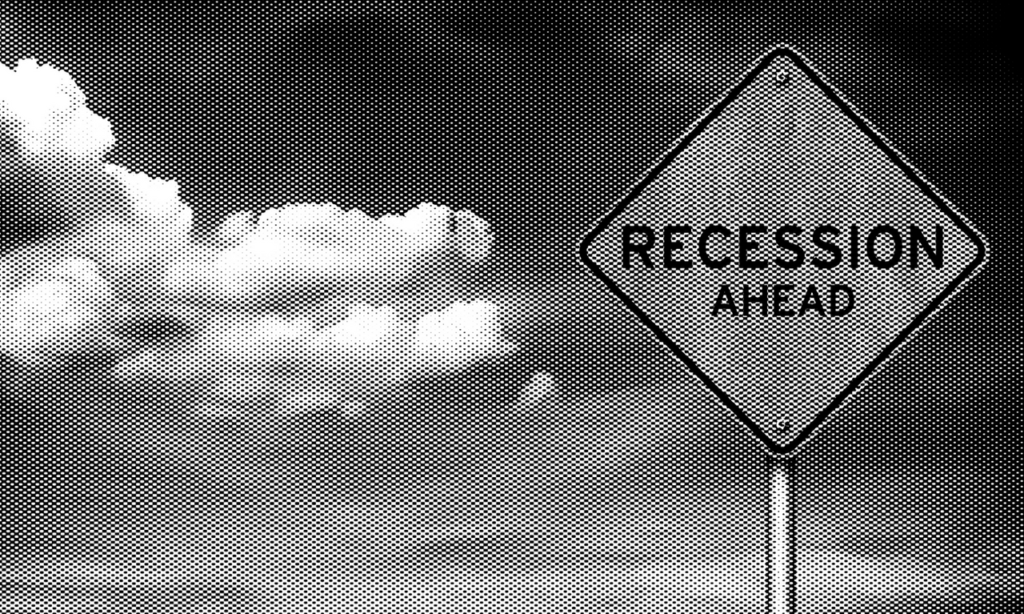CIBIC Buying Capital One’s $3B Costco Mastercard Portfolio

Canadian Imperial Bank of Commerce has signed a deal to become the exclusive issuer of Costco Mastercards in Canada starting early next year.
The lender will also acquire the retail giant’s existing Canadian credit card portfolio, which boasts more than $3 billion in outstanding balances, according to a news release Thursday. The new credit card offering will serve as a Costco membership card, and provide rewards for shoppers online and at any of Costco’s more than 100 Canadian warehouses. Any customer with an existing Capital One Costco Mastercard can continue to use it until receiving the new card in early 2022. Terms for the acquisition of the existing card portfolio were not disclosed by CIBC.
Your Food Prices Are at Risk as the World Runs Short of Workers
Across the world, a dearth of workers is shaking up food supply chains.
In Vietnam, the army is assisting with the rice harvest. In the U.K., farmers are dumping milk because there are no truckers to collect it. Brazil’s robusta coffee beans took 120 days to reap this year, rather than the usual 90. And American meatpackers are trying to lure new employees with Apple Watches while fast-food chains raise the prices of burgers and burritos.
Whether it’s fruit pickers, slaughterhouse workers, truckers, warehouse operators, chefs or waiters, the global food ecosystem is buckling due to a shortage of staff. Supplies are getting hit and some employers are forced to raise wages at a double-digit pace. That’s threatening to push food prices — already heated by soaring commodities and freight costs — even higher. Prices in July were up 31 per cent from the same month last year, according to an index compiled by the United Nations’ Food and Agriculture Organization.
The coronavirus pandemic has helped spark a labor shortfall for many parts of the economy. But the impact is particularly stark in food and agriculture, which are among the world’s least-automated industries. Food security is a sensitive issue in many parts of the world and thin margins mean rising costs generally pass through to buyers, according to Boston Consulting Group.
Source: BNN Bloomberg
‘Forever Changed’: CEOs are Dooming Business Travel – Maybe for Good

Business travel as we’ve known it is a thing of the past.
From Pfizer Inc., Michelin andLG Electronics Inc. to HSBC Holdings Plc, Hershey Co., Invesco Ltd. and Deutsche Bank AG, businesses around the world are signaling that innovative new communications tools are making many pre- pandemic-era trips history.
A Bloomberg survey of 45 large businesses in the U.S., Europe and Asia shows that 84 per cent plan to spend less on travel post-pandemic. A majority of the respondents cutting travel budgets see reductions of between 20 per cent and 40 per cent, with about two in three slashing both internal and external in-person meetings.
The ease and efficiency of virtual software, cost savings and lower carbon emissions were the primary reasons cited for the cutbacks. According to the Global Business Travel Association, spending on corporate trips could slide to as low as US$1.24 trillion by 2024 from a pre-pandemic peak in 2019 of US$1.43 trillion.
Business travel has “forever changed,” Greg Hayes, CEO of jet-engine maker Raytheon Technologies Corp., said in a Bloomberg Radio interview in July. About 30 per cent of normal commercial air traffic is corporate-related but only half of that is likely mandatory, he said. While the market may eventually recover, sophisticated communication technologies have “really changed our thinking in terms of productivity,” Hayes said.
Having saved billions from slashed travel budgets during the pandemic with only a marginal impact on operations, companies, banks, consulting firms and government offices will be hard pressed to explain why they’d return to their old ways.
Kit Kat chocolate-bar maker Hershey said the pandemic showed that online meetings were a more efficient use of time and financial resources. Companies like Pfizer are grappling with questions about what one accomplishes with a trip that can’t be done virtually, Tina Quattlebaum, its director of global travel operations, said at the GBTA Mid-Year Virtual Summit in July.
Source: BNN Bloomberg

Banks, Insurers to Pay $10.8B Under Trudeau’s New Tax Plan
New taxes on bank and insurance companies in Canada would raise $10.8 billion (US$8.6 billion) over the next five years, according to documents released by Prime Minister Justin Trudeau’s Liberal Party.
The money includes $5.3 billion from higher income taxes on profits earned by large banks and insurers between this year and 2026, and another $5.5 billion from a temporary tax that the Liberals are calling the “Canada Recovery Dividend.” Both measures were announced last week by the prime minister, but the party didn’t provide specific revenue projections until it released a more detailed platform on Wednesday. Trudeau’s party has been struggling in polls as he campaigns to win a third term in a Sept. 20 vote.The Liberals didn’t spell out how the Canada Recovery Dividend will work.
Source: BNN Bloomberg
O’Toole Says Canada on ‘Road of Recession’ After GDP Miss

The Conservative leader hoping to deny Justin Trudeau a third election victory seized on a surprise contraction in Canada’s economy as evidence of mismanagement under the governing Liberals.
“Under Justin Trudeau, we are heading further down the road of recession, not the road to recovery,” Erin O’Toole told reporters Tuesday in Ottawa.
Statistics Canada released data a few hours earlier showing gross domestic product contracted 1.1 per cent annualized in the second quarter, missing expectations for a 2.5 per cent gain in a Bloomberg survey of economists.
O’Toole, whose Conservatives have closed the polling gap with the Liberals since Trudeau’s snap election call, also cited an Organisation for Economic Cooperation and Development report showing Canada lagging the U.S. in its economic recovery from the COVID-19 pandemic.
“These reports give us a sobering reminder of the fragility of our economy. It confirms what Canadians already knew: under Justin Trudeau, Canada’s economy is getting worse, not better,” O’Toole said.
The Conservative leader is running a low-key campaign focused on the complete platform his party released a day after the election was called. O’Toole has repeatedly criticized Trudeau over the rising cost of living and record government expenditures.
“What’s prudent in an emergency is reckless out of one,” O’Toole said, declining to answer a question about what the Conservatives would cut to rein in spending.
The Tories have the support of nearly 34 per cent of voters compared to 31 per cent for the Liberals and 21 per cent for the left-leaning New Democratic Party, according to national polling averages compiled by the Canadian Broadcasting Corp. However the latest daily tracking numbers from Nanos Research Group suggest Trudeau’s team may be halting its slide.
Source: BNN Bloomberg
KEEP THE CHANGE
- Ford ConfirmsOntario Launching Vaccine Passport this Month
- GM to Significantly Cut North American Vehicle Production Due to Chip Storage
- WhatsApp Fined $266 Million Over Data Transparency Breaches
- Russia Urges Apple and Google to Remove Navalny’s App

you said: